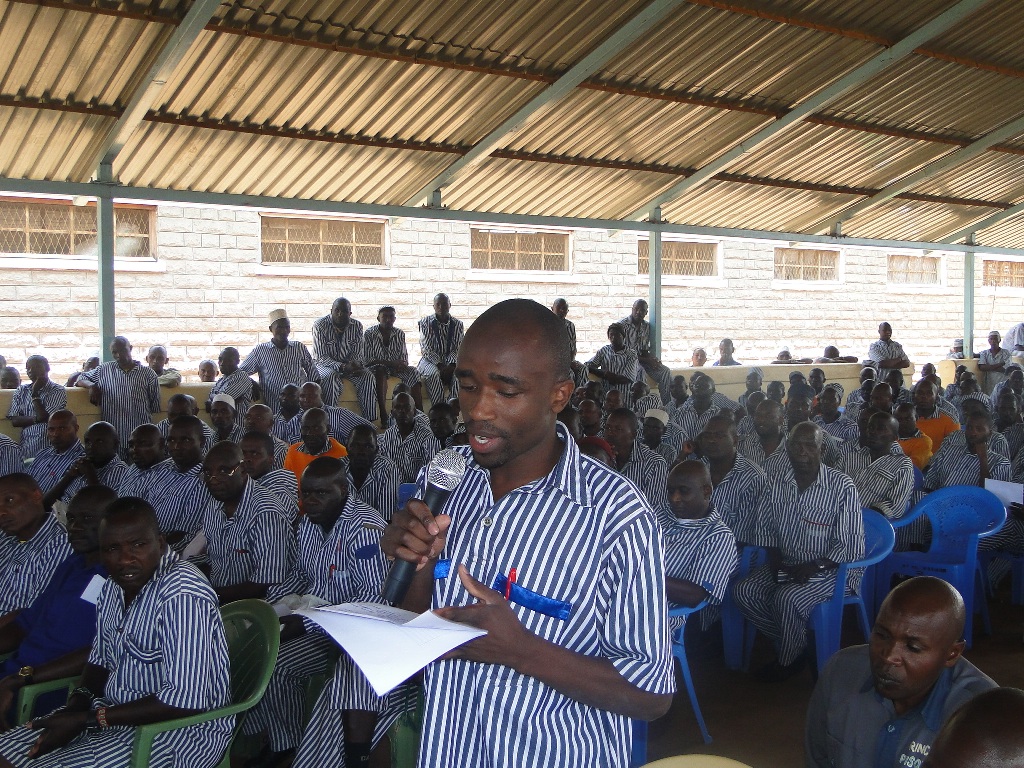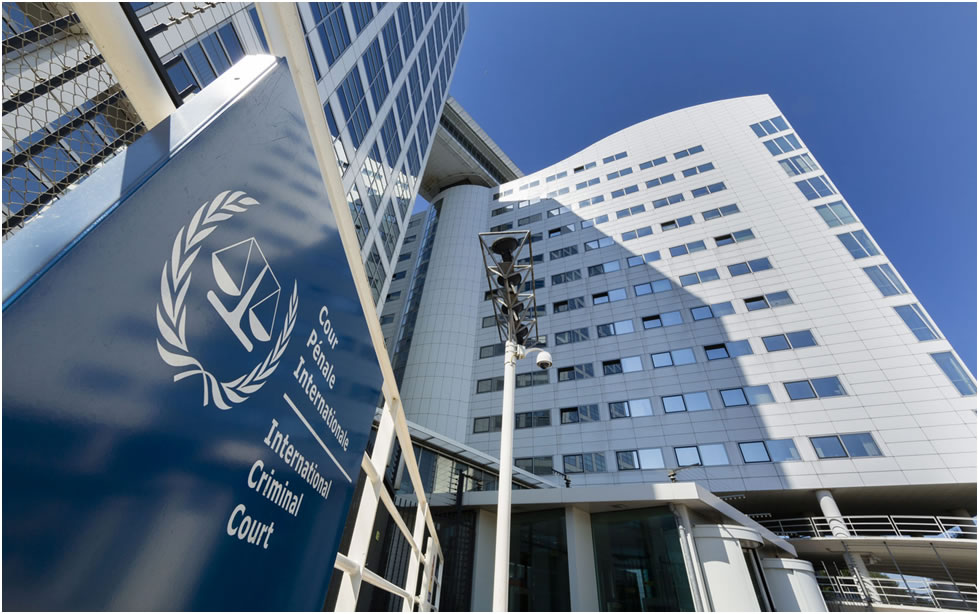104 countries, over half of the world’s countries, have abolished the death penalty for all crimes, and 140 countries, over two-thirds of the world’s countries, have abolished the death penalty in law or practice. 58 countries, however, continue to sentence convicts to the death penalty and perform executions. Kenya is one of the of the 30 countries that have not abolished the death penalty de jure, but are de facto abolitionist states in that they have not carried out executions for the past 10 years. Global trends favor abolitionist states, as the percentage of the world’s countries that execute convicts has fallen from 40 percent in 1995 to about 20 percent today.
{pgslideshow id=13|width=400|delay=1000|image=L}
On 10th of October 2016 Kenyan Section of the International Commission of Jurists and the African Prisons Project on Monday joined over 600 inmates on death rowat the Kamiti Maximum security prison to call for abolition of the death penalty.
It is estimated that there are about 4,000 inmates on death row most of whose sentences were commuted to life imprisonment.
One of the prisoners on death row, Mr. Tom Ouko called on Parliament to amend the law to provide for sentences that have defined term limits instead of life sentences which he termed ambiguous, an infringement to prisoners’ rights and illegal under the Kenyan Constitution.
ICJ-Kenya’s Programme Manager Access to Justice Program Manager Anita Nyanjong called on Parliament to expeditiously deal with contentious clauses of the Penal and Criminal Procedure Code that retains death penalty for various offences.
Also at the event was OlJororok Member of Parliament John Waiganjo who promised to recommend to parliament amendments to the Penal Code and the Criminal Procedure Code.
Another prisoner Mr. Wilson Kinyuacalled the death penalty as the most ultimate cruel, inhuman and degrading punishment and represents an unacceptable denial of human dignity and integrity.
Despite being a signatory to the African Charter on Human and Peoples’ Rights (in which the right to life and bodily integrity is enumerated), Kenya still has the death penalty and has not signed the Second Optional Protocol to the International Covenant on Civil and Political Rights (which abolishes the death penalty).
Under Kenyan law, offences of murder, treason, and robbery with violence all require a de jure mandatory death sentence, but challenges to these prescriptions have exploded in recent years.
The 2007 Kenya National Commission on Human Rights report recommended the abolition of the death penalty as a step toward the protection of human rights in Kenya.
In 2009, then President Kibaki commuted the sentences of all Kenyan prisoners on death row, transferring over 4,000 prisoners’ death sentences to life in prison, arguably the largest commutation in the world.
On July 30, 2010, the Court of Appeals of Kenya ruledMutiso v. Republic of Kenya that the application of a mandatory death sentence on all cases of murder was unconstitutional. The Court’s justification was that the mandatory sentencing of the death penalty was a violation of the right to life.
Although there are trends toward the abolition of the death penalty and there has not been an execution in 30 years, Kenya still remains a world leader in sentencing convicts with the death penalty, as the “Kenyan courts are responsible for 32 percent of all death sentences in the world.”
Kenya has not carried out any executions since 1987
Moses Okinyi










